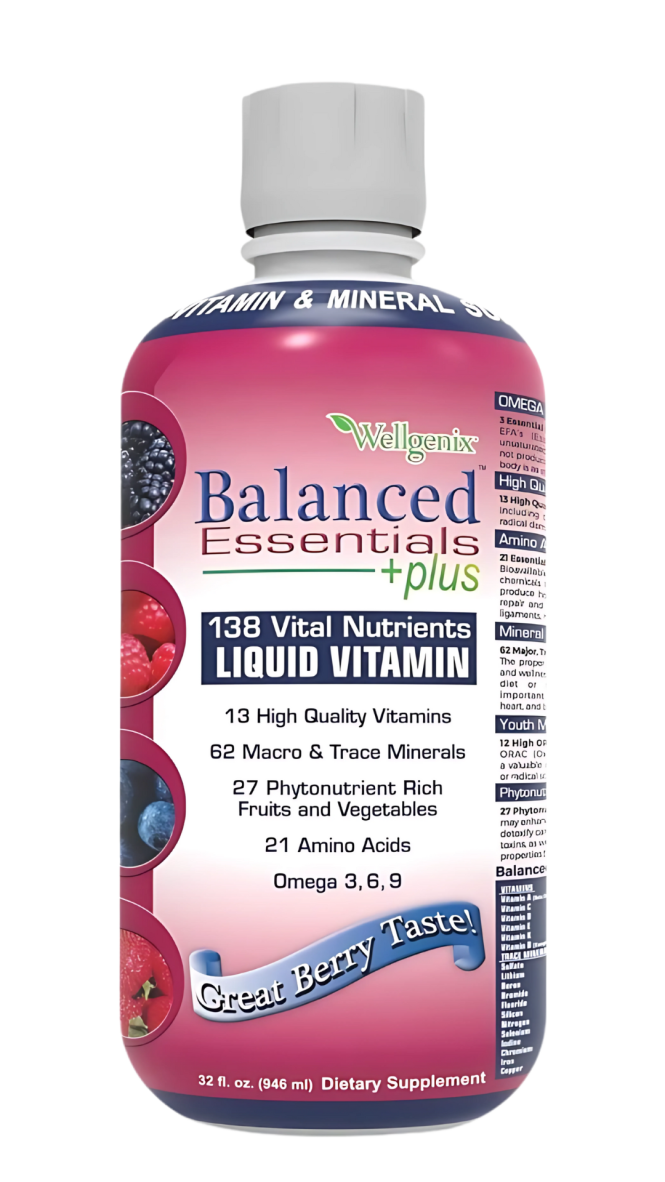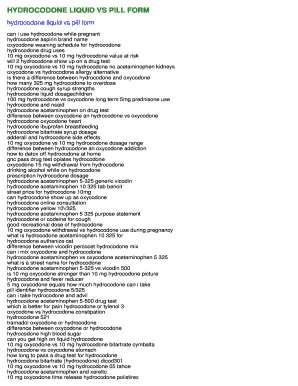

The liquid vs. pill debate in the world of supplements is a fascinating and often confusing topic for consumers. Understanding how different forms of supplements impact absorption and overall efficacy is key to achieving optimal results. Choosing the right form of supplement, liquid or pill, is a critical decision that often hinges on individual needs and preferences, making it essential to understand the pros and cons. This article delves into the science behind supplement absorption to help you make informed decisions about your health. We’ll explore the factors determining which delivery method may be ideal for you and whether liquid or pill supplements are truly better, breaking down this complex topic with clarity and providing tangible recommendations. This structure will guide you through comparing absorption rates, active ingredients, and other factors to determine the best option for your particular goals.
Understanding Supplement Absorption:
Factors Influencing Bioavailability
Supplement absorption plays a crucial role in maximizing the benefits of any given supplement. How your body absorbs the nutrients from a supplement is heavily dependent on a variety of factors, including the chemical structure of the nutrients, the formulation of the supplement, and the individual’s physiology. Some supplements are more easily absorbed in liquid form than in pill form, while others are optimally delivered in pill form. The key concept here is bioavailability, or the rate at which the active ingredients of a supplement are absorbed into the bloodstream. For example, certain nutrients, like water-soluble vitamins, might dissolve more readily in liquid solutions, leading to faster absorption compared to pill forms. Other compounds, like fat-soluble vitamins, may benefit from the sustained-release mechanism of a pill. Ultimately, the optimal form will be contingent on the individual and the specific needs addressed by the supplement.
Factors influencing supplement absorption include the pH level of the stomach and intestines, enzyme activity, presence of other nutrients, and the individual’s overall health and nutritional status.
Liquid Supplements: Advantages and Disadvantages:
Enhanced Absorption Rates and Convenience
Liquid supplements offer a potentially faster absorption rate compared to pill forms. When nutrients are in liquid solution, they’re often more readily dissolved and absorbed into the bloodstream. This rapid absorption can lead to quicker effects, particularly beneficial for time-sensitive needs. Liquid supplements can also be more convenient for individuals with swallowing difficulties or those who prefer a faster delivery method, like athletes needing an immediate energy boost. However, liquid supplements are often more prone to spoilage and require proper storage conditions, unlike pills which can remain stable over time.
Pill Supplements: The Advantages of Stability and Convenience:
Sustained Release and Versatility
Pill supplements often offer a more stable and convenient way to consume supplements. The capsule or tablet form can protect active ingredients from degradation and ensure a consistent dosage. Pill supplements often allow for sustained-release delivery, meaning the active ingredients are released gradually over a longer period, potentially maintaining a more steady blood concentration. This sustained-release characteristic is especially beneficial for nutrients needing prolonged absorption, like certain minerals. Pill supplements are typically more easily stored and transported than liquid ones, making them a preferred choice for many. Pill supplements also often have a wider variety of options and types of formulations, providing flexibility to the consumer. However, absorption rates might be less consistent and quick compared to liquids.
Impact of Active Ingredients on Form:
Specific Considerations Based on Nutrient Characteristics
The chemical structure and properties of the active ingredients in a supplement significantly influence the optimal delivery method. Water-soluble nutrients are often better suited for liquid formats due to enhanced solubility and absorption rate. Fat-soluble vitamins, on the other hand, may be more effective in pill form due to their specific interaction with fats in the digestive system. The specific needs of each nutrient dictate whether liquid or pill formats are better suited. Studying the chemical properties of the nutrient is important when making a choice.
Conclusion
Which supplement form is typically best for quicker results?
Liquid supplements often provide faster absorption, allowing for quicker results compared to pills, which may lead to a more gradual release and uptake of the active ingredients.
Should I consult with a healthcare professional before making decisions about supplements, whether liquid or pill?
Yes, always consult a healthcare professional before starting any new supplement regimen. They can assess your individual needs, health conditions, and potential interactions with other medications. This is vital to ensure the supplement regimen aligns with your overall well-being.
Frequently Asked Questions
What are the major considerations when choosing between liquid and pill supplements?
Choosing between liquid and pill supplements involves carefully considering factors like absorption rates, convenience, storage requirements, and the specific needs of the nutrients you seek to ingest. Liquid supplements can potentially offer faster absorption, while pill supplements provide sustained release and convenience. Assessing which delivery method optimally meets your individual needs and preferences is paramount.
In conclusion, the liquid vs pill supplement debate highlights the importance of understanding the science behind supplement absorption and efficacy. Choosing the right form depends on individual needs and preferences, and consulting with a healthcare professional is always recommended before starting any new supplement regimen. Explore different supplement delivery methods to discover what works best for you! Ultimately, the best choice will align with your overall health goals and the specific ingredients you’re targeting.